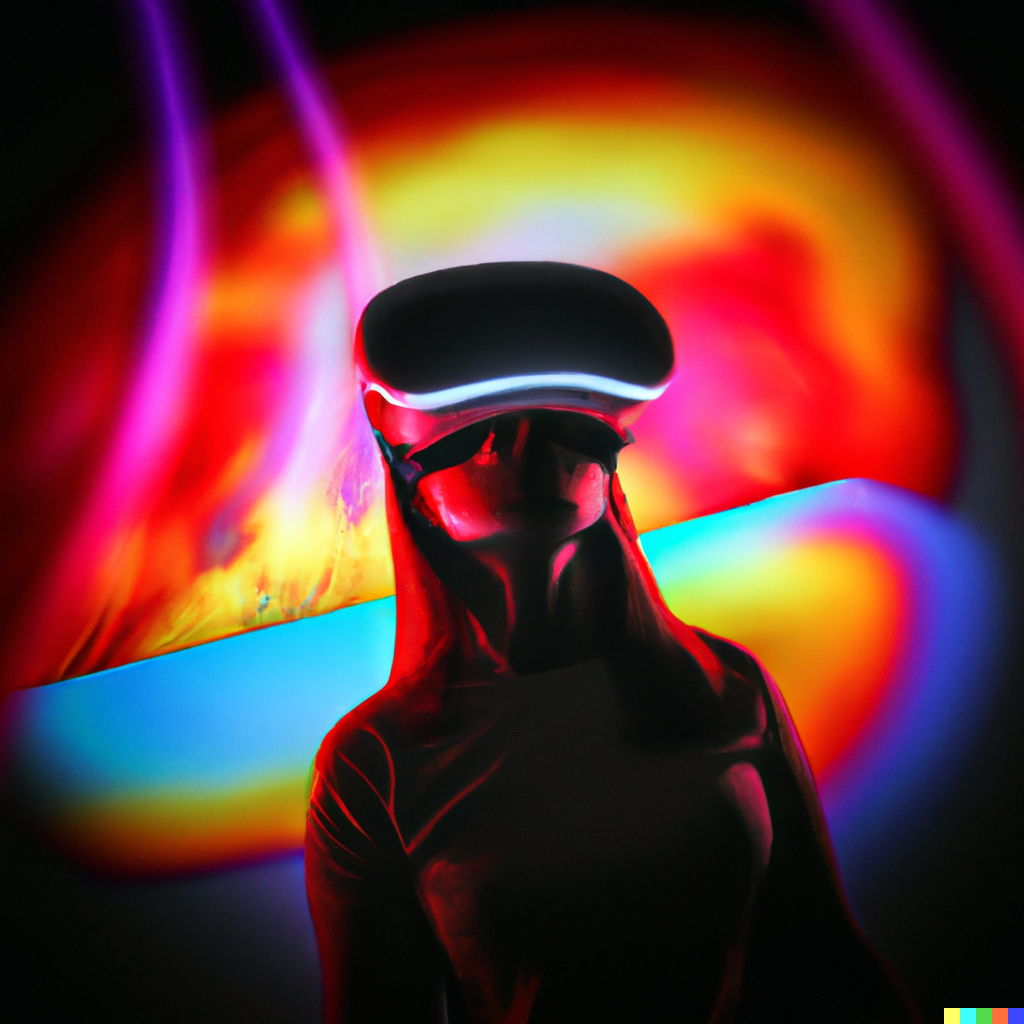VR has been around for decades, but it’s only in the past few years that the technology has advanced enough to create truly immersive experiences. As the technology continues to evolve, the future of Virtual Reality is becoming more and more exciting. In this blog, we’ll deliberate on the predictions and possibilities of what the future of Virtual Reality might hold.
Education
One of the most promising possibilities for VR is its use in education. VR technology can create realistic and immersive simulations that can be used to teach complex concepts in a way that’s easy to understand. For example, medical students can use VR to practice surgery or to explore the human body in 3D. VR can also be used to simulate historical events or scientific phenomena, making learning more interactive and engaging.
Healthcare
VR has the potential to revolutionize healthcare. With VR, doctors can create simulations of medical procedures, allowing them to practice before performing surgeries. VR can also be used for pain management and as a therapy tool for patients with mental health issues. The technology is already being used to treat PTSD and anxiety disorders, and its applications in healthcare are only going to expand in the future.
Entertainment
Entertainment is another area where VR is making waves. Gaming is the most obvious use case, but VR can also be used to create immersive movie experiences or virtual concerts. As the technology continues to improve, we could see more realistic and immersive experiences in entertainment, leading to a whole new level of engagement.
Communication
VR has the potential to transform how we communicate with each other. Imagine being able to have a virtual meeting with someone on the other side of the world, feeling like you’re in the same room. VR can also be used for remote training or to create virtual workspaces where people can collaborate in real-time. As VR becomes more accessible and user-friendly, we could see a shift towards more virtual communication and collaboration.
Training
VR can create realistic simulations that can be used for training in various industries, including aviation and construction. Pilots can use VR to practice flying without the risk of crashing, while construction workers can simulate building projects to identify potential problems. As the technology improves, we could see more industries adopting VR for training purposes.
The future of VR is full of possibilities. From education and healthcare to entertainment and communication, VR has the potential to transform how we live, work, and learn. As the technology continues to evolve, we’re likely to see more innovative and exciting applications of VR in the years to come.

